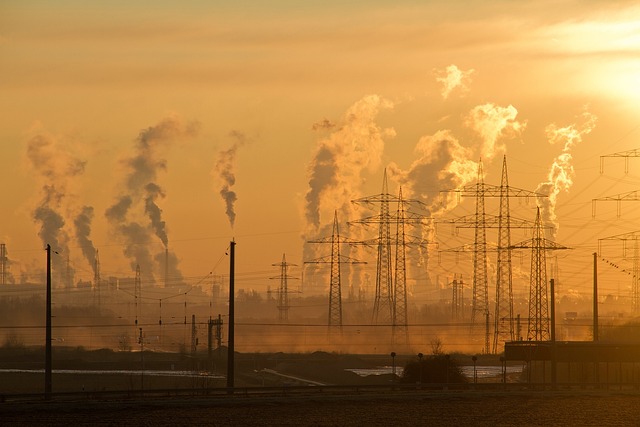The battle against climate change is no longer a distant concern; it is a reality we face every day. As extreme weather events become more frequent and severe, understanding the nuances of environmental law has never been more crucial. From hurricanes and wildfires to record-setting heatwaves, these natural disasters are a stark reminder of the urgent need for sustainable practices and robust legal frameworks to protect our planet.
The environment forms the foundation of our lives, providing us with clean air, water, and the natural resources vital for our survival. However, as human activities continue to impact the environment, the legal mechanisms that govern these actions must adapt. Environmental law encompasses regulations designed to protect the environment and to mitigate damage caused by climate change. These laws are the backbone of our collective efforts to rebuild our relationship with nature.
With the U.S. experiencing a rise in extreme weather events, it is essential for businesses, communities, and policymakers to stay informed about environmental law. This includes not only understanding regulations surrounding emissions and waste management but also recognizing how these laws can be enforced or modified in response to an evolving climate. For example, recent adaptations have emphasized stricter codes for construction in flood-prone areas, incentivizing businesses to adopt greener technologies.
Moreover, climate change advocacy has led to courts increasingly examining the role of government in climate regulation. Legal cases are emerging that challenge existing policies or demand stronger action from public officials. For individuals, this means that we may have the power to influence legislation that directly impacts our communities. Grassroots movements, public awareness campaigns, and legal initiatives are all part of a larger call to action, urging lawmakers to prioritize environmental sustainability amidst unprecedented ecological upheaval.
As citizens, we each have a part to play in navigating the complexities of environmental law. By engaging in community discussions, pushing for local regulations that prioritize green practices, and advocating for corporate accountability, we can create a collective movement that prioritizes environmental stewardship. Understanding the intersection of environment policies and legal frameworks helps empower us to demand the changes necessary for our survival in this changing climate.
The stakes are high. Extreme weather events don’t just affect ecosystems; they disrupt livelihoods and challenge public safety. Thus, adapting to these conditions through informed legislative action is critical. By immersing ourselves in the conversation surrounding environmental law, we can work towards creating a safer, more resilient future for generations to come. As we face these challenges, let’s remember that our actions today define the world we leave behind for tomorrow.




